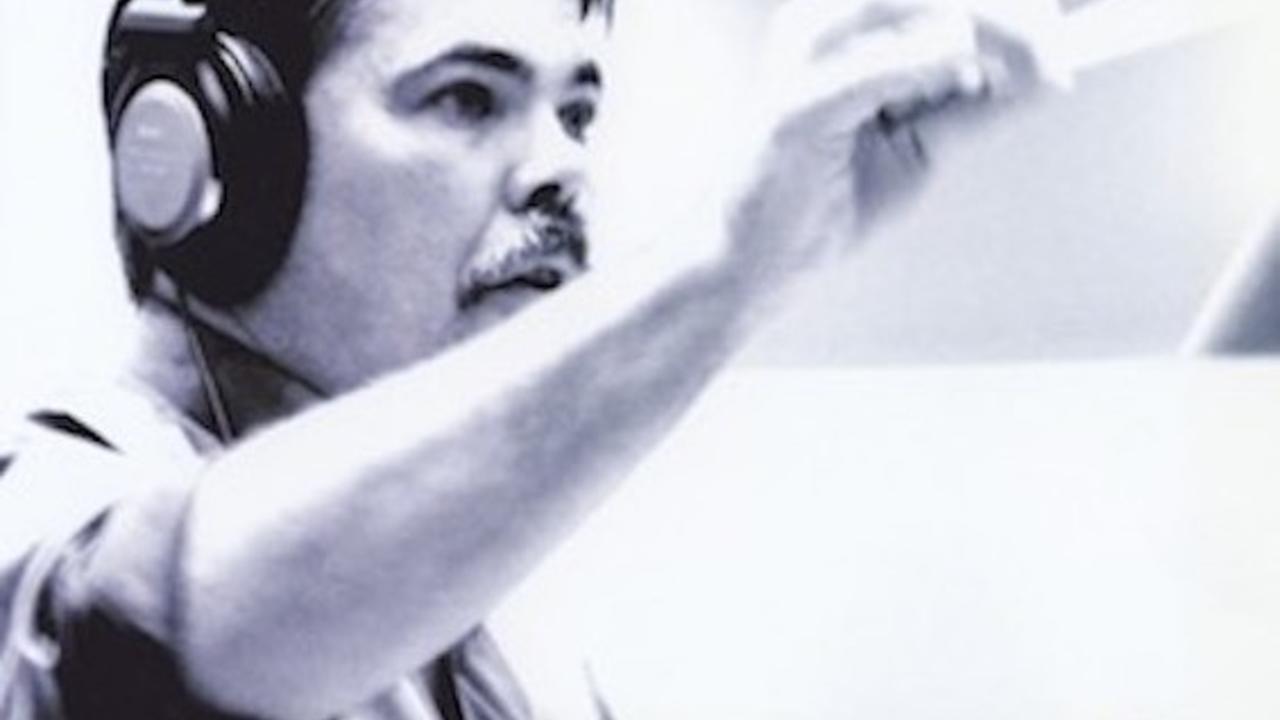Instrumentalists are people… not machines!

How writing for live players differs from writing “in the box”
10 minutes until the downbeat of a recording session.
Violinist:
The room is a bustle of activity. People are arriving. Instruments are being taken out of cases. Warm up exercises are being played and last minute practice is attempted. Then the music is passed out.. It’s time for me to focus. My thoughts of traffic, my to do list and the nagging muscle pain I feel in my wrist all go out the window. As I look over the music and I spot a section that is really awkward and difficult to play. Am I up to it? Panic begins to set in. My breath gets shorter. My muscles begin to clench…and my mind races. “Will I be able to play this?” I take a couple of deep breaths to try to calm my nerves. Like it or not I will be put to the test in a matter of minutes. Gone are any thoughts of artistic expression. My survival instincts take over.
Then the conductor takes the podium. OMG! They look really nervous. Are they competent? Can I dep...
5 Questions to ask when scoring a scene

How to decide what type of music is most appropriate
It’s easy to watch a film and pass judgement about how well the music works with the movie. It’s much more difficult when you don’t have existing music to guide your thoughts. It would make sense to ask your director what they were thinking of to get some idea of where to start but, if you expect them to explain what they want in any sort of musical detail you won’t be doing the job you were hired to do. I mean, if they have all the answers why do they need you in the first place?
I’ve found a more effective approach is to spend the time necessary to understand the movie first. Then, when you have a discussion with your director, you will be better equipped to interpret what they say into a language you both can understand. The added benefit, and a seemingly unintended consequence, is you will find it much easier to discuss the project. At the same time there is a good chance your director will become more comfortable with you whic...
Musical Conventions

January 20, 2021
“Let science work for you”
The amygdala, which is a part of the limbic system, is a fascinating part of the brain. It is programmed to regulate our response to threat (fight/flight response), controls anger and aggression as well as fear and anxiety. The amygdala also participates as a part of our memory. To be specific, it records the emotions attached to our anger, aggression, fear and anxiety.
Why is this knowledge of crucial importance to the film composer?
If we can use a sound, a melodic phrase, or a rhythmic motif to trigger a memory of an emotion in an audience, we can manipulate the viewer’s emotional response. If we combine this with an image we can have extraordinary control over an audience’s emotional response.
Fascinating isn’t it?
In “Why is there music in film” I introduced the idea that music can manipulate a viewer’s emotions. But, how do we exercise this awesome power?
Picking an appropriate piece of music goes far behind our personal tast...
Mood vs. Melody

Every story is different. Every film is different. Every production is different. Every filmmaker has different tastes and preferences.
So how do you decide what type of music would be most appropriate?
I started getting opportunities to score films because I was a competent, if not precocious, musician and composer. That got me in the door. But, it didn’t adequately prepare me to be a film composer. The reality was my hubris propelled me forward but I was hopelessly unprepared. I would follow my emotional reactions to what I saw on screen but, if I misinterpreted the story I was lost. Making matters worse I had a difficult time communicating with filmmakers. They didn’t understand me and I couldn’t understand them. After a particularly bad experience I realized that I had a big problem and, if I wanted to continue to write music for film I would have to change my approach.
I figured that if I learned a few buzz words to help me communicate with director’s I’d be cool. Problem ...
Why Is There Music In Film?

Music is a curious thing. Ask a million people what music means to them and you’ll probably get a million different answers. This is largely due to the fact that music subconsciously triggers our memory. Understanding how music relates to memory is crucial to understanding why filmmakers rely on music to help tell their story.
“There are different kinds of memory, including explicit and implicit memory. Explicit memory is a deliberate, conscious retrieval of the past, often posed by questions like: where was I that summer? Who was I travelling with? Implicit memory is more a reactive, unintentional form of memory.”
When someone hears a piece of music their memory is involuntarily triggered.
Think about that for a second.
Every audience member can have a different response, recall a different memory, to every piece of music they hear.
This idea alone will give you a sense of how powerful music is in film, and why it is so important to interpret the wishes of your director correctly...



